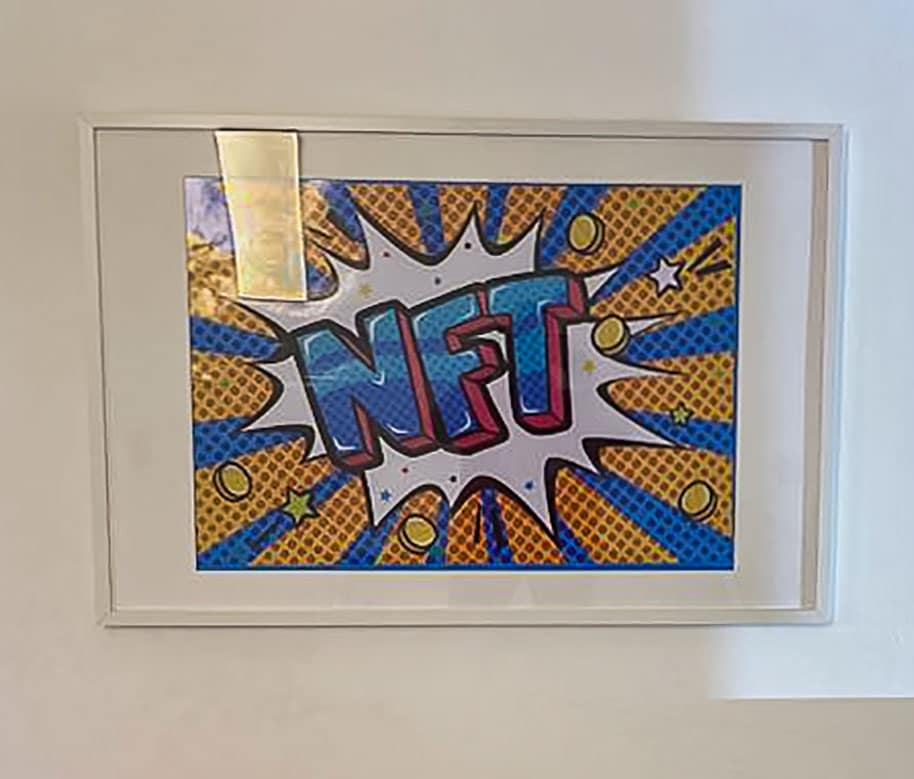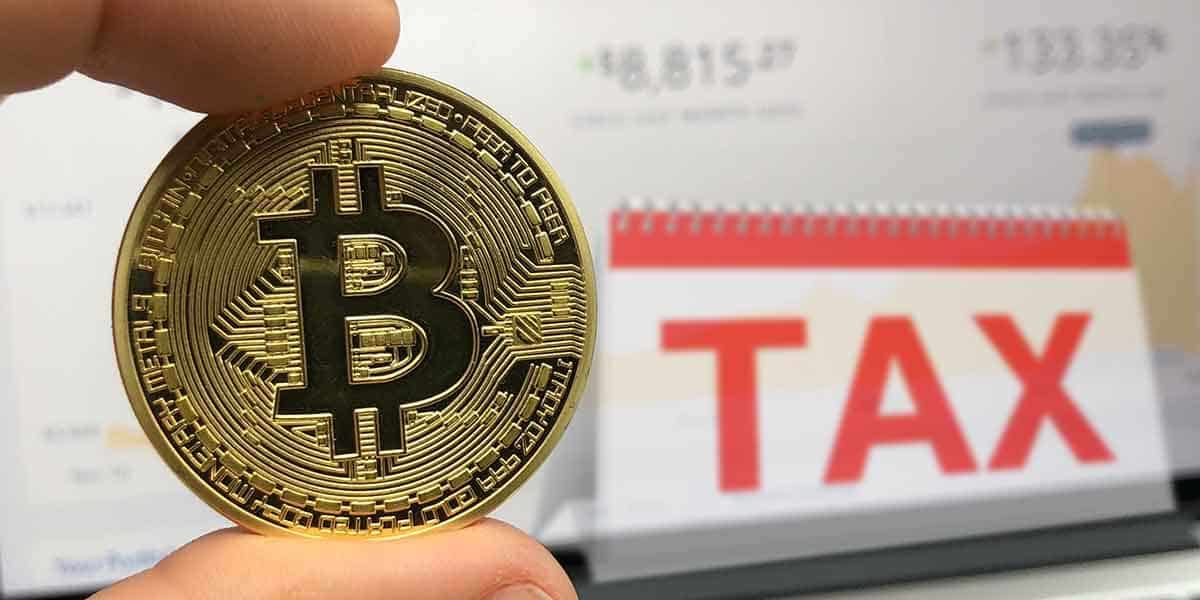Background: What is an NFT? A non-fungible token (NFT) is a unique digital asset that is built on top of the blockchain system. It is non-fungible in the sense that it is unique in nature: there is only one unique, original NFT. Cryptocurrencies (such as Bitcoin or Ethereum) or...
Introduction – Canadian Taxpayers Must Pay Departure Tax When Leaving Canada There are two types of individuals who must pay tax in Canada – Canadian residents and non-residents. Subject to various tax treaties and domestic tax rules, Canadian residents pay tax in Canada on their worldwide income while non-residents...
As a result of China’s recent crackdown on bitcoin mining, in July 2021, Black Rock Petroleum Company, a Nevada corporation, announced that it entered into an agreement with Optimum Mining Host Limited Liability Co. to relocate up to one million Bitcoin miners from China to Alberta, Canada. They agreed...
Introduction – Cryptocurrency Transactions and Taxation Cryptocurrency is a popular means of conducting transactions online. Widespread cryptocurrency tokens such as Bitcoin, Ethereum, Litecoin, Dash, and Stellar have become acceptable payment currencies for some e-commerce merchants across the world. For Canadian businesses that are looking to accept cryptocurrencies for payments...
Introduction: The Starting Point of the Taxation of Employment Income Every person resident in Canada must pay income tax on the taxable income for each taxation year. Section 3 of the Canadian Tax Act sets out five main sources of income: office, employment, business, property, and capital gains/losses. In...
Cryptocurrency Reporting Requirements: OECD to Release Cryptocurrency Reporting Framework in 2021 The Organisation for Economic Co-operation and Development (“OECD”) is due to release a recommended policy framework for cryptocurrency reporting standards in the upcoming months. Currently, there is little cohesion or transparency among the treatment of cryptocurrencies across countries....
Introduction: Cryptocurrency-Trading Businesses in Canada Canadian cryptocurrency-trading businesses face unique challenges. The mostly unregulated cryptocurrency, non-fungible token (NFT), and blockchain markets brings higher risk of fraud and cyber-crime. The developments in blockchain technology bring about an ever-increasing range of opportunities, arrangements, and assets—smart contracts, cryptocurrency liquidity mining and yield...
Introduction – CRA’s Court Order against Coinsquare On September 18, 2020, the CRA filed a Federal Court application against Coinsquare in order to compell the Toronto-based cryptocurrency platform to disclose tax information related to its customers. We covered this issue in depth here (https://taxpage.com/articles-and-tips/cra-wants-coinsquare-to-disclose-confidential-client-info/) Following a Federal Court ruling...
Blockchain or Cryptocurrency Fraud – Cryptocurrency Fraudulent Investment Schemes The advent of blockchain technology and cryptocurrencies has resulted in sudden fortunes for more than a few individuals. At the same time, the technology and economics of the cryptocurrency space are confusing and not well understood by the general public....
Introduction: Cryptocurrency-Trading Businesses in Canada Canadian cryptocurrency-trading businesses face unique challenges. The mostly unregulated market brings higher risk of fraud and cyber-crime. The volatile markets may bleed profits. And some cryptocurrency traders don’t even realize that they’re carrying on a business, misreporting their profits as capital gains. This article...










